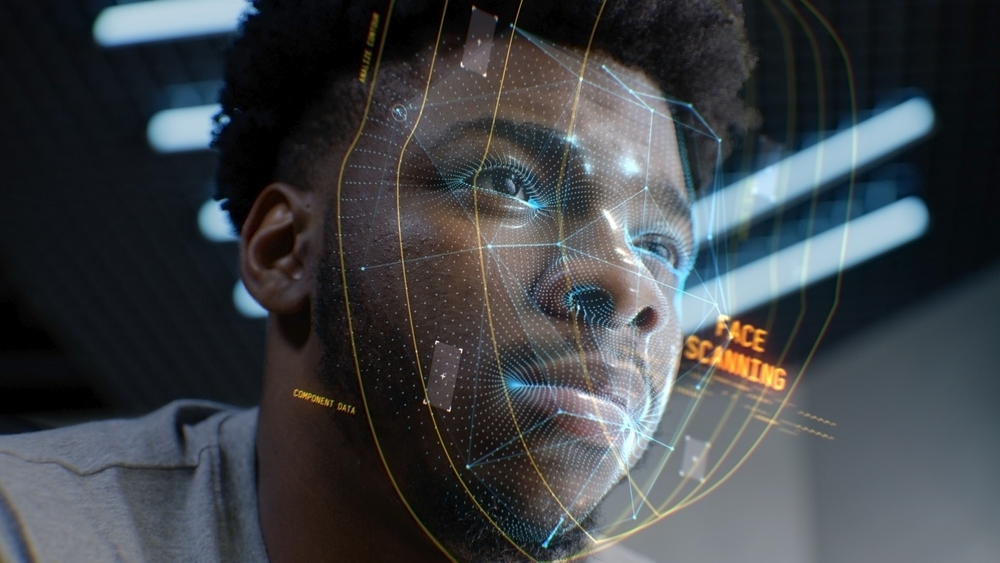The city of Detroit recently announced that they’ve agreed to pay $300,000 to a man wrongly accused of shoplifting.
Included in the lawsuit filed by the man, Robert Williams, the payment was announced by the American Civil Liberties Union and the Civil Rights Litigation Initiative. Along with a $300,000 settlement, Detroit officials also agreed to revise their policies on facial recognition technology used when looking for suspects.
Per the ACLU, Detroit police will reportedly be prohibited from using facial technology as sole reasoning behind making an arrest. They will also reportedly be unable to make an arrest based on photo lineups from a facial recognition search.
With the newest agreements, the Detroit Police Department will also conduct an audit of cases from 2017 to 2023 in which they used facial recognition to make an arrest.
The city of Detroit agreed to the terms as part of the settlement for Robert Williams’ lawsuit. Filed in January 2020, William’s lawsuit came after he was wrongfully arrested outside of his house in front of his family. Held by the police for nearly 30 hours, he was wrongfully accused of shoplifting watches at a Shinola store in 2018.
Robert Williams was arrested and held for 30 hours by Detroit police because — in their own words — “the computer got it wrong.”
— ACLU (@ACLU) May 19, 2021
Face recognition tech had turned up a false match.
Watch what happens when the police get their hands on this flawed, dangerous technology. pic.twitter.com/ZzNggyHBt3
Williams was arrested based off of a low-quality still captured from the store’s security camera which was promptly run through facial recognition technology. The technology matched it to an expired license photo of Williams.
“Rather than investigate the accuracy of this purported match, police accepted the ‘lead,’ putting my photo in a lineup along with five other photos of Black men—each of whom looked less like the thief since a computer algorithm hadn’t decided those photos looked similar enough to the thief to be a possible match,” said Williams per a Time article. “The witness (who hadn’t even seen the crime happen, but merely reviewed the security footage) chose my photo out of this rigged lineup. And that is all the evidence the DPD relied upon to arrest me.”
Williams is considered to be the first person to be wrongfully arrested because of facial recognition technology. In 2019, 26-year-old Michael Oliver was similarly arrested in Michigan for larceny based on a single still captured from a video taken by the accuser. Put through DataWorks Plus, the facial recognition software incorrectly matched the various points on Oliver’s face with the photo taken.
Last year, 32-year-old Porcha Woodruff was also falsely arrested for carjacking and robbery because of inaccuracies when it comes to facial recognition software. Woodruff, who was pregnant at the time, was taken to jail and booked while getting her kids ready for school for a crime she didn’t commit.
Overall, according to a 2019 study, some algorithms implemented in facial recognition software were found to be 100 times more likely to incorrectly identify BIPOC people.


